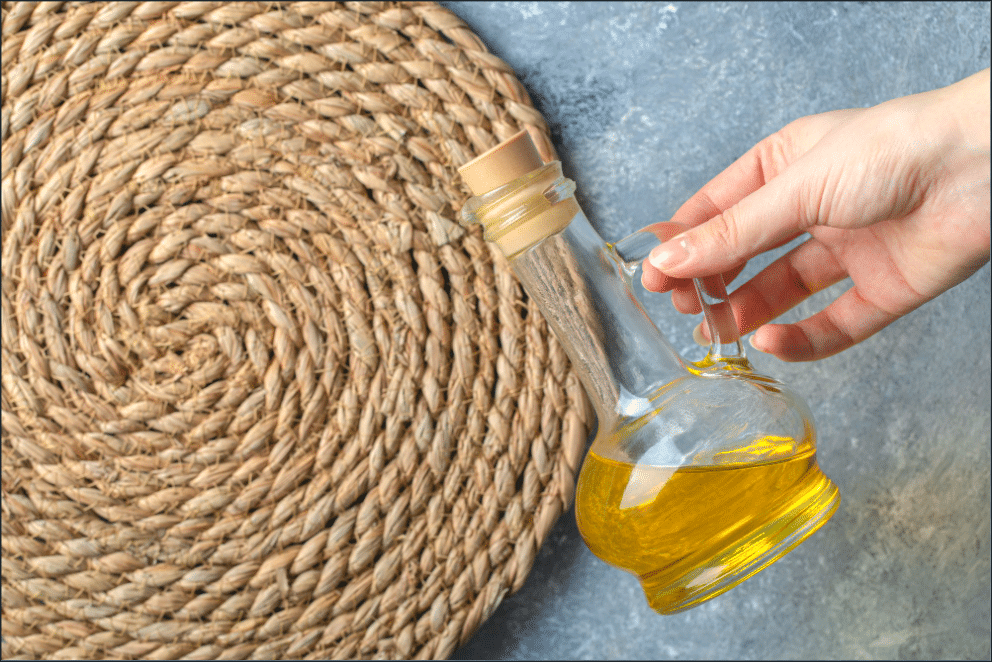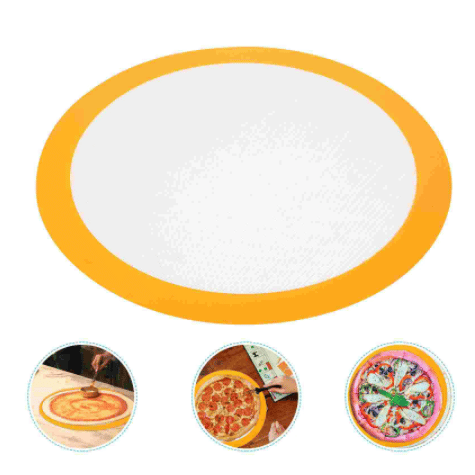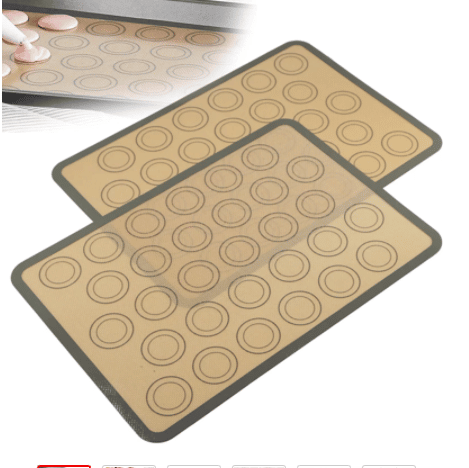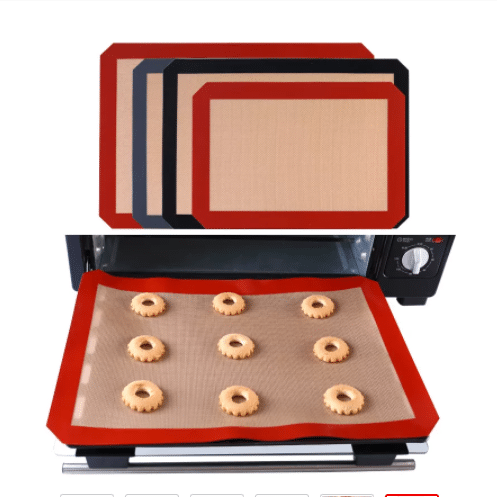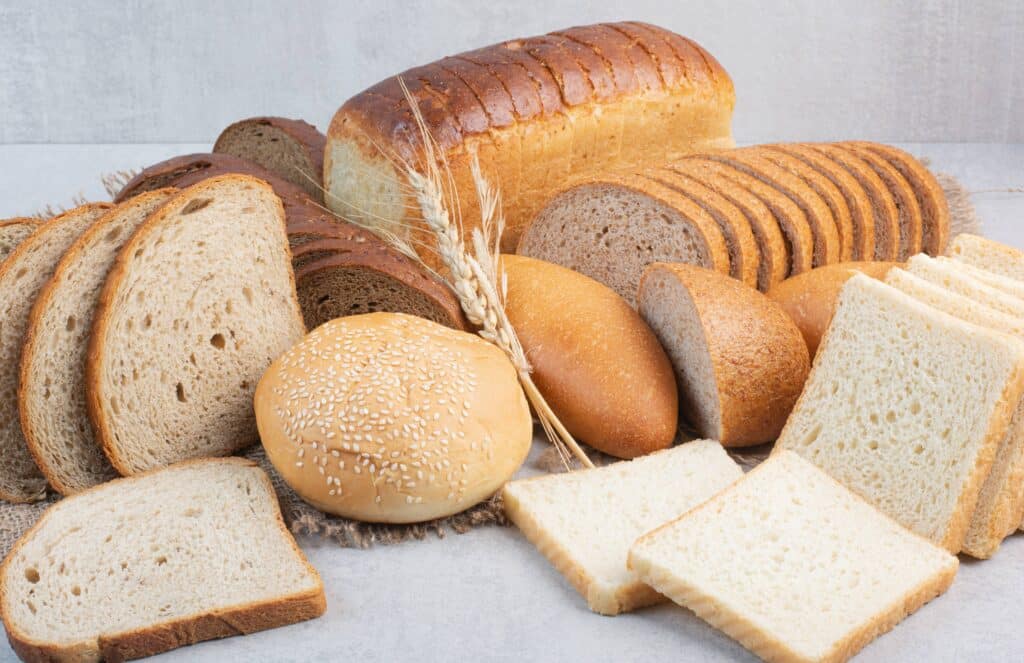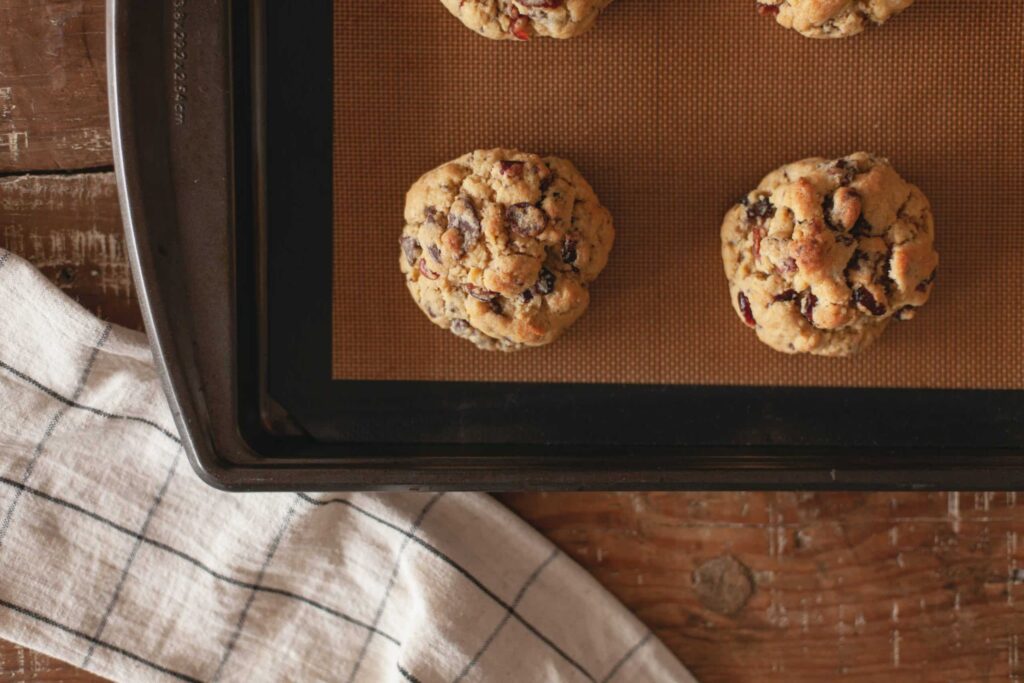Do silicone baking mats need to be greased?
Silicone baking mats have become a popular choice for bakers and cooks due to their non-stick properties, which can make the baking process more convenient and efficient. However, a common question that arises is whether silicone baking mats need greasing to further enhance their non-stick performance. This article aims to address this question by examining the non-stick mechanism of silicone baking mats, exploring the pros and cons of greasing, and providing recommendations for optimal non-stick results.
Overview of Silicone Baking Mats
Silicone baking mats are composed of food-grade silicone and fiberglass mesh, creating a flexible and heat-resistant surface suitable for a variety of baking and cooking tasks. One of the key advantages of food-grade silicone is its inherent non-stick properties, which can reduce the need for additional release agents such as grease, parchment paper, or aluminum foil. This feature makes silicone baking mats an attractive option for those seeking a more environmentally friendly and cost-effective alternative to disposable baking surfaces.
Non-Stick Mechanism of Silicone Baking Mats
The non-stick properties of silicone baking mats are attributed to the molecular structure of silicone, which consists of a flexible chain of silicon and oxygen atoms surrounded by non-polar methyl groups. These non-polar groups create low surface energy, which in turn reduces the adhesion between the silicone surface and food particles.
As a result, baked goods can be easily released from the mat without the need for greasing or other release agents. This non-stick performance is generally effective for most recipes, although certain factors, such as the type of food being prepared and the condition of the mat, can influence the overall non-stick results.
Greasing and Other Release Agents
Traditionally, greasing has been used in baking to prevent sticking and ensure easy release of baked goods. While greasing can be effective, it also adds extra calories and fat to recipes and can be time-consuming to apply and clean up. In contrast, silicone baking mats offer a reusable, non-stick surface that typically does not require greasing or additional release agents, simplifying the baking process and reducing waste.
When to Consider Greasing Silicone Baking Mats
Although silicone baking mats are inherently non-stick, there may be occasions where greasing the mat could provide additional benefits. For example, certain recipes with a high sugar content or sticky ingredients may require extra release assistance.
Additionally, if a silicone baking mat has been used extensively and begins to lose its non-stick performance, greasing can serve as a temporary solution. It is important to note that greasing should be used sparingly and only when necessary, as excessive greasing can cause baked goods to spread too much or become overly greasy.
Conclusion
In summary, silicone baking mats generally do not require greasing due to their inherent non-stick properties. While there may be specific instances where greasing could provide added benefits, it is typically not necessary for most recipes. By understanding the unique properties of silicone baking mats and using them properly, users can enjoy the convenience and efficiency of a reusable, non-stick baking surface without the need for additional release agents.
Related Silicone Baking Mats Article:
-
How to create your molded silicone products?
-
How to create private silicone protector?
-
How to create private silicone trays?
-
How to create private silicone plate?
-
How to create private silicone placemats?
-
How to create private silicone molds?
-
How to create private silicone mats?
-
TPR vs. Silicone: A Material Comparison to Understand the Differences in One Article!
-
FDA regulations on silicone products:A Comprehensive Analysis
-
Nylon VS silicone cooking utensils
Technical Related
About Author: Z.S.R International Group
Z.S.R International Group(Hong Kong) co., Limited, is a one-stop supplier for molded silicone products and silicone products molding solution provider in the consumer products field. We offer OEM services from silicone product design to Silicone products contract manufacturing. We have the capability for custom silicone tooling, LSR(Liquid silicone Rubber) molded silicone products, solid silicone molded products, molded silicone multi-colored products. We also can custom molded silicone, custom molded LSR, custom molded dripping injection dispensing(co-injection) silicone multi-colored products.


